Addiction Treatment Blog
- What We Treat
- Programs
- Detox Placement
- Animal-Assisted Therapy Program
- Veterans Treatment Program
- Partial Hospitalization Program (PHP)
- Intensive Outpatient Program (IOP)
- Outpatient Program (OP)
- Medication-Assisted Treatment (MAT)
- Dual Diagnosis Treatment
- Faith Based Recovery Program
- Relapse Prevention
- Individual Counseling
- Intervention Service
- Therapies
- About
- Blog
- Contact
- What We Treat
- Programs
- Detox Placement
- Animal-Assisted Therapy Program
- Veterans Treatment Program
- Partial Hospitalization Program (PHP)
- Intensive Outpatient Program (IOP)
- Outpatient Program (OP)
- Medication-Assisted Treatment (MAT)
- Dual Diagnosis Treatment
- Faith Based Recovery Program
- Relapse Prevention
- Individual Counseling
- Intervention Service
- Therapies
- About
- Blog
- Contact
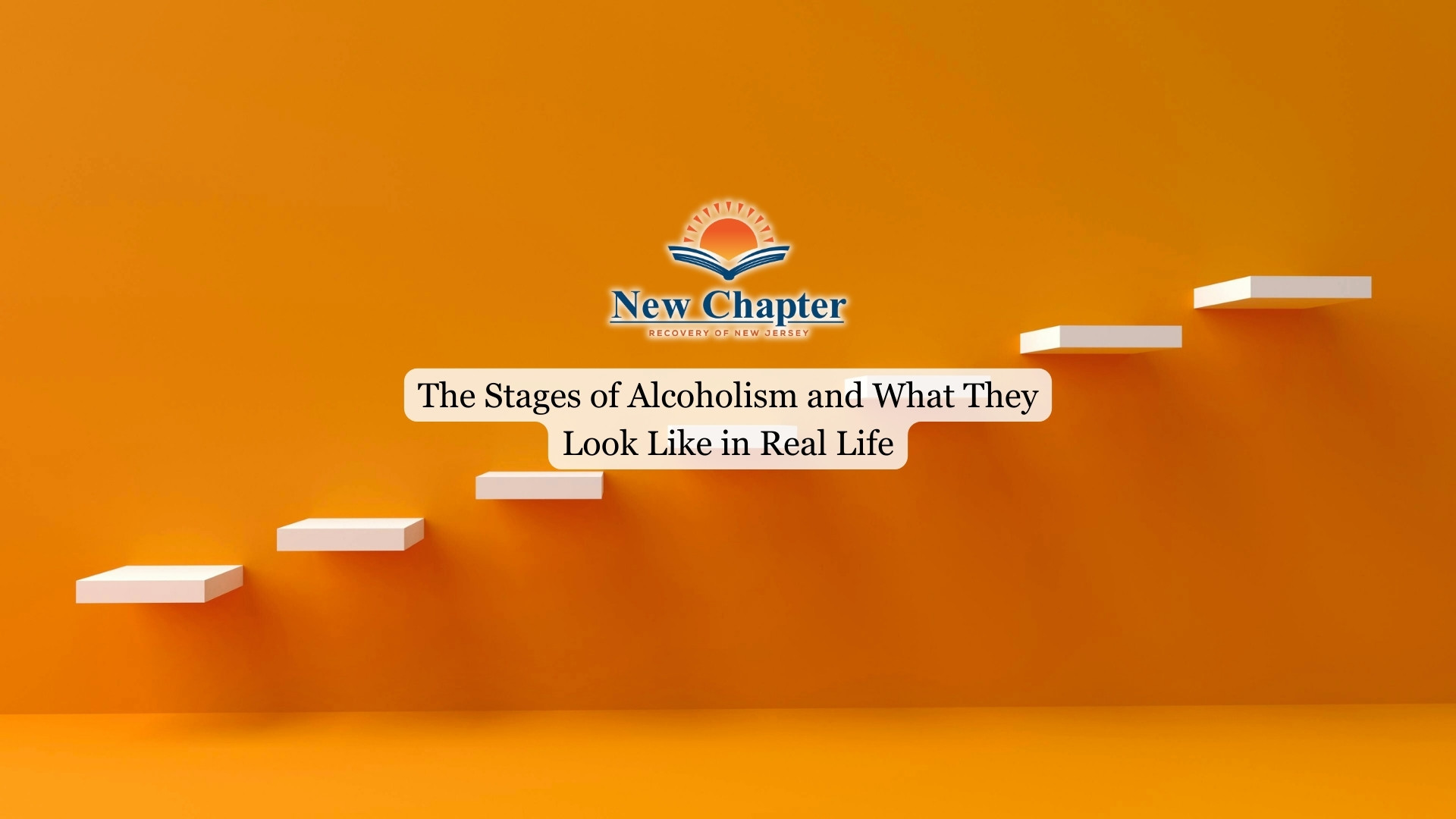
The Stages of Alcoholism and What They Look Like in Real Life
The stages of alcoholism don’t follow a straight line or look the same for everyone. This guide explains how alcohol use progresses in real life, from subtle early shifts to severe dependence, and how to recognize when support can help.
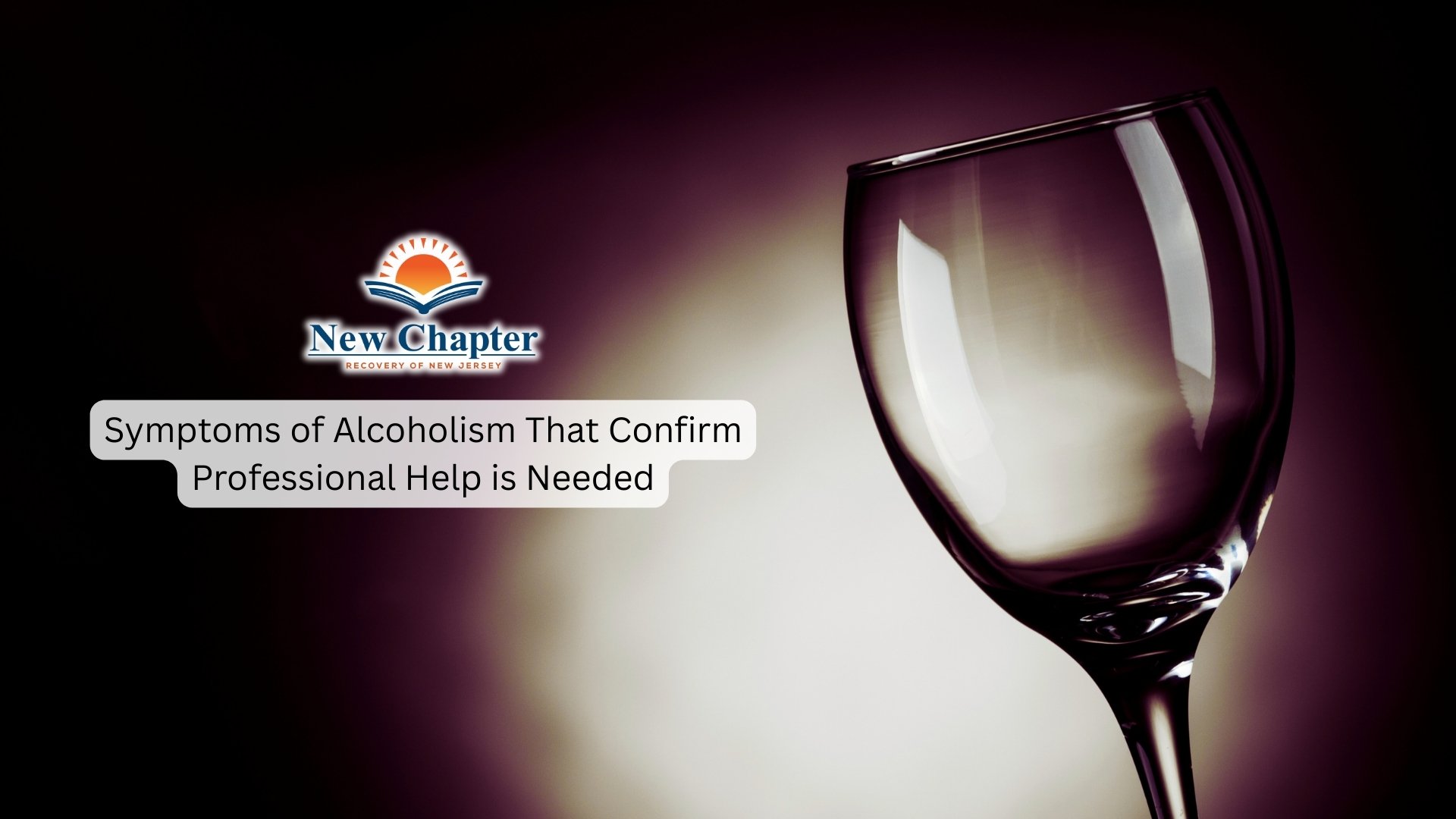
Symptoms of Alcoholism That Confirm Professional Help is Needed
Recognizing the symptoms of alcoholism isn’t always obvious. From subtle behavioral shifts to physical dependence, alcohol use disorder often develops gradually. Understanding early warning signs, functional alcoholism, and when drinking becomes dangerous can help you seek support before lasting harm occurs
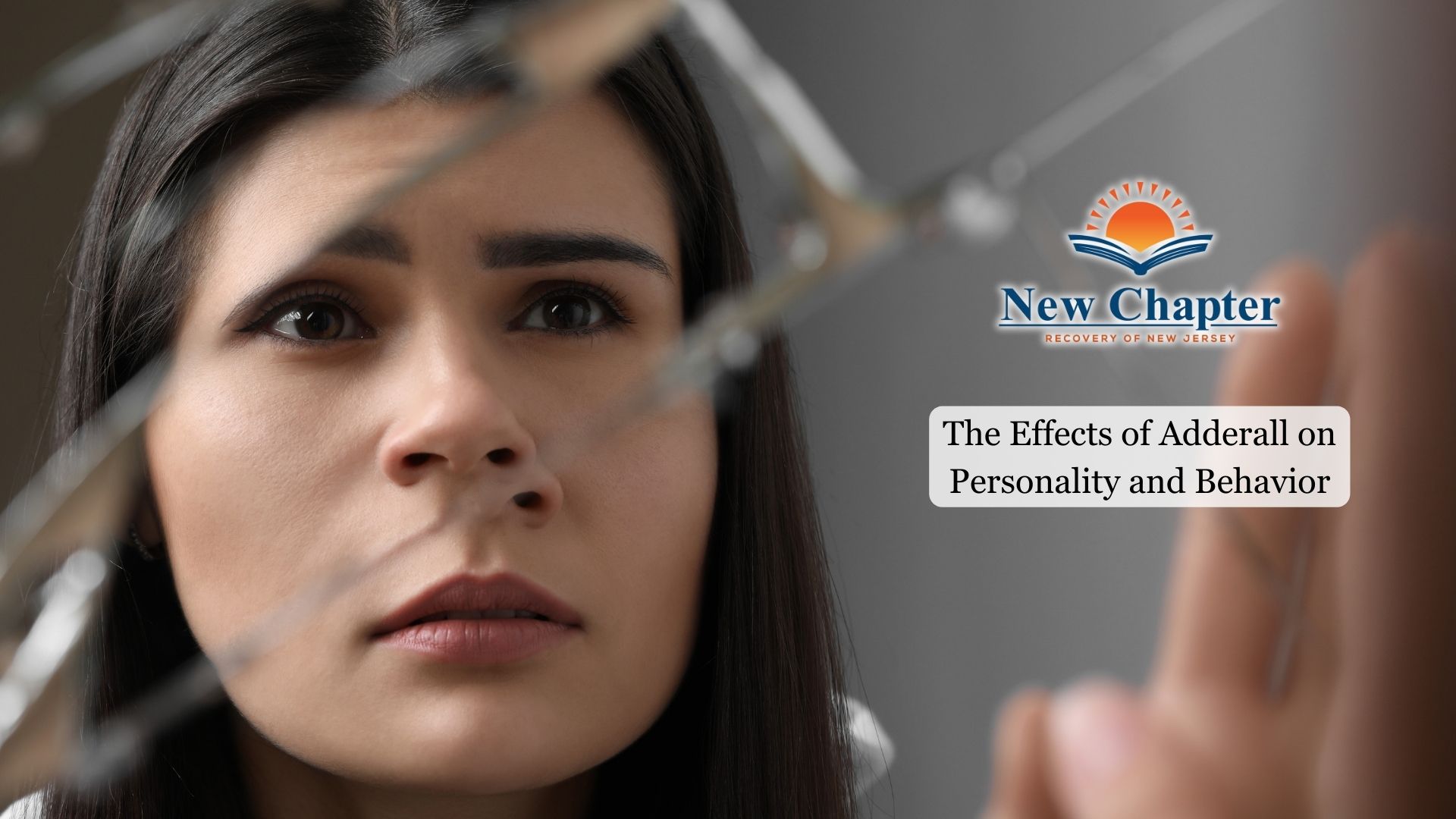
The Effects of Adderall on Personality and Behavior
Adderall can sharpen focus, but it can also shift mood, behavior, and emotional regulation. This article explores how stimulant use affects personality, when changes become concerning, and how recovery helps people regain stability, clarity, and a sense of self again.
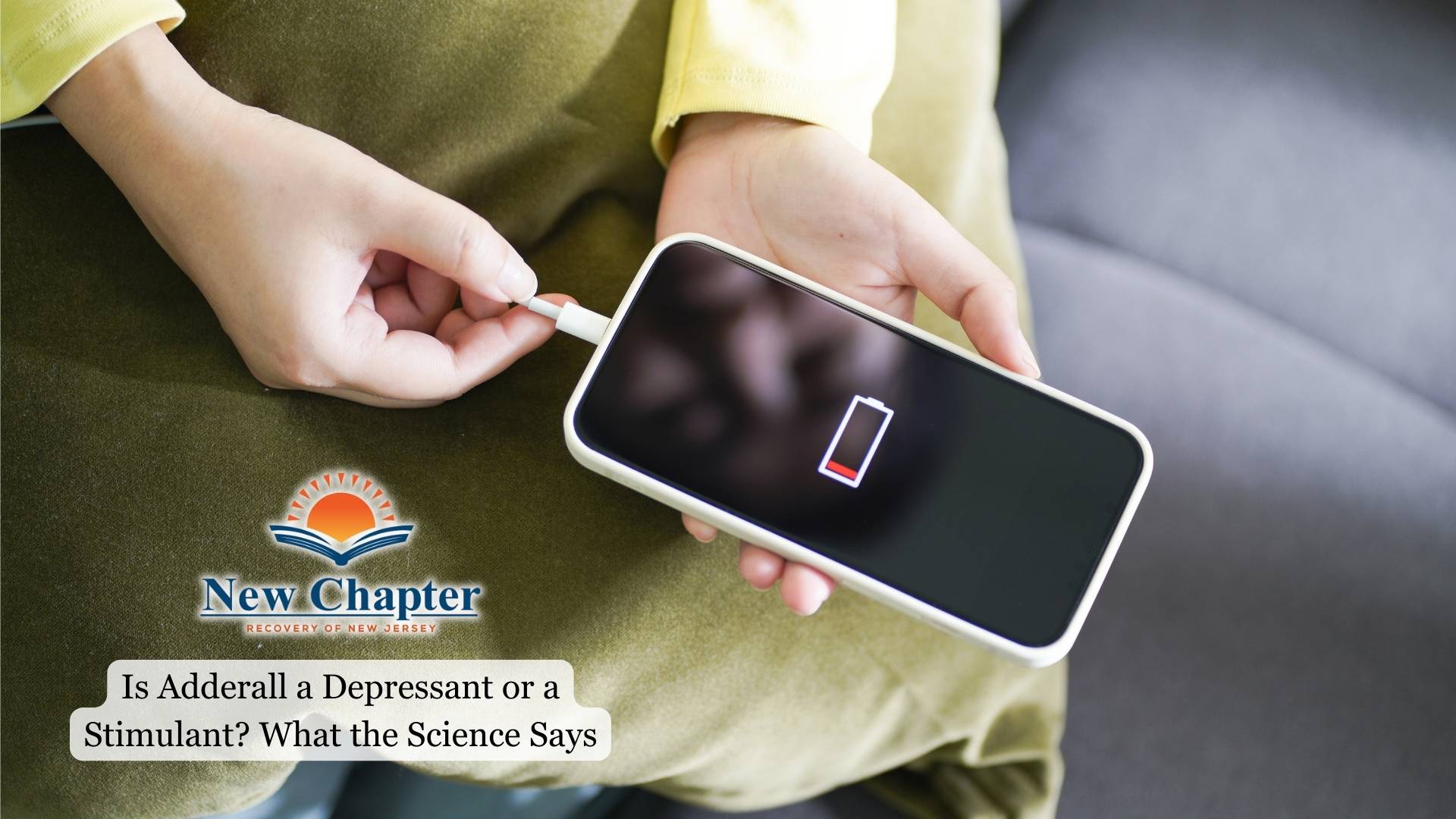
Is Adderall a Depressant or a Stimulant? What the Science Says
Adderall is often misunderstood, especially when comedown symptoms feel heavy or emotional. This article explains why Adderall is a stimulant, not a depressant, how withdrawal creates confusion, and what risks arise when misuse or dependence begins to take hold clinically.

Is Vivitrol Safe for Opioid or Alcohol Recovery?
Vivitrol is widely used for opioid and alcohol recovery, but safety questions matter. Learn how it works, who should avoid it, potential side effects, and how medical monitoring helps make Vivitrol a safe, effective treatment option for long-term recovery planning.

Understanding the Complex Connection Between Alcohol and Mental Health
Alcohol and mental health are closely linked, especially anxiety and depression. This article explains how drinking alters brain chemistry, worsens emotional symptoms over time, and why treating alcohol use and mental health together leads to lasting recovery.
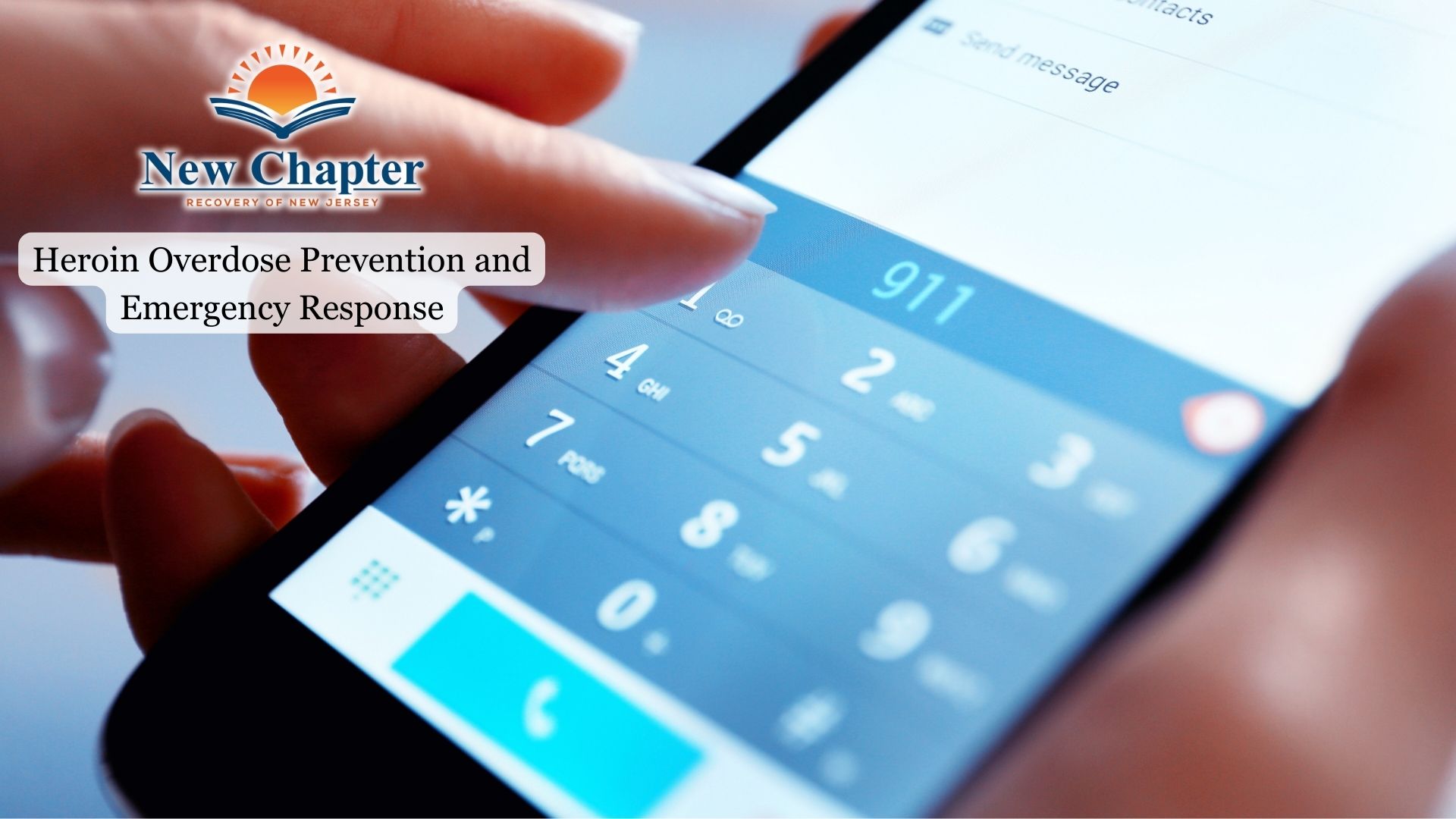
Heroin Overdose Prevention and Emergency Response
Knowing how to respond to a heroin overdose can save a life. This guide explains warning signs, emergency steps, naloxone use, and how prevention and treatment reduce future risk for individuals, families, and communities across real emergencies when seconds matter.

When Heroin Cravings Hit: How to Cope, Stay Safe, and Keep Moving Forward
Heroin cravings can feel overwhelming, especially early in recovery, but they don’t signal failure or relapse. These urges are a normal part of healing, and with the right tools, support, and treatment, you can manage them and keep moving forward.

Recognizing the Signs of Heroin Addiction
Recognizing the signs of heroin addiction can save a life. Learn how heroin affects the body and behavior, how to spot withdrawal and overdose symptoms, and why early intervention and professional treatment play a critical role in recovery.

What Is CHS and How Rare Is It?
Cannabinoid hyperemesis syndrome can cause intense, recurring nausea and vomiting in long term cannabis users. This guide explains what is CHS, how common it is, warning signs to watch for, health risks, and why quitting cannabis is essential for recovery.

Vivitrol vs. Suboxone for Opioid Addiction
Choosing between Vivitrol and Suboxone can feel overwhelming, but understanding how each medication works makes the decision easier. This guide breaks down benefits, risks, and real-world considerations so you can find the treatment path that best supports lasting recovery.

Marijuana Withdrawal: Symptoms, Timeline, and What to Expect
Marijuana withdrawal can bring anxiety, sleep problems, mood shifts, and physical discomfort. Understanding the symptoms and timeline helps you prepare and stay grounded. Learn what to expect and which treatment and support options make recovery more manageable.

Is Marijuana Physically or Psychologically Addictive?
Wondering whether marijuana is physically or psychologically addictive? This guide breaks down how cannabis affects your brain and body, who faces the highest risk for dependency, and the evidence-based treatments that help people recover.

Can You Get Addicted to Marijuana? Understanding Cannabis Use Disorder
Marijuana addiction is real, and recognizing the signs early can make recovery easier. Learn how cannabis use disorder develops, common symptoms, withdrawal expectations, and the most effective treatment options for overcoming dependence and rebuilding a healthier life.

Marijuana Addiction Treatment: Best Options for Recovery
Marijuana addiction is more common than many people realize, and getting help can make a world of difference. This guide breaks down the signs of cannabis use disorder, the most effective treatment options, and what recovery really looks like. If you're ready to regain control, the right support can help you move forward with confidence.
Let's Talk
Don’t be afraid to reach out to our professional and passionate team. A caring professional is waiting to be your guide in treating and managing your mental health disorder.
Call Us: (551) 353-2484

